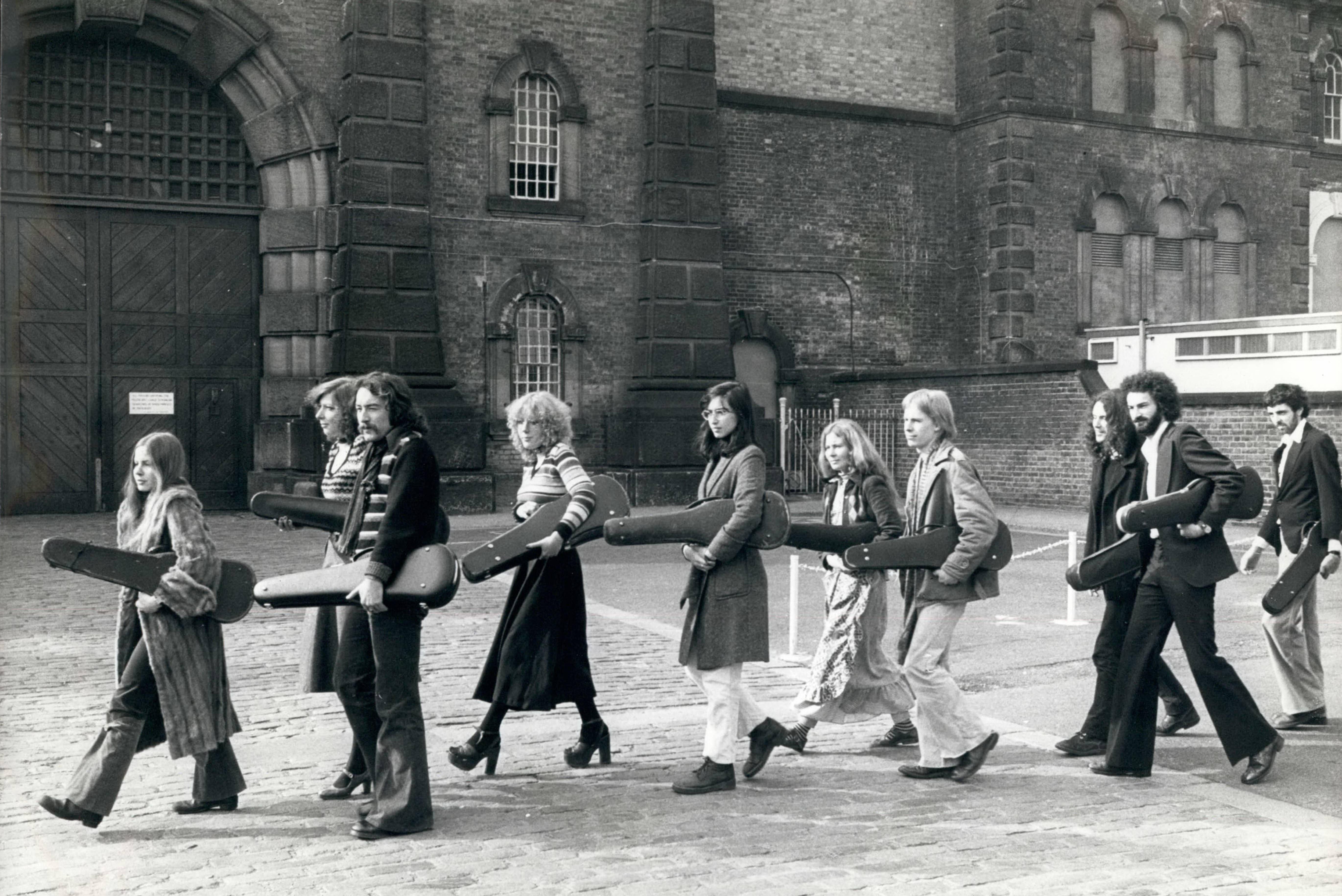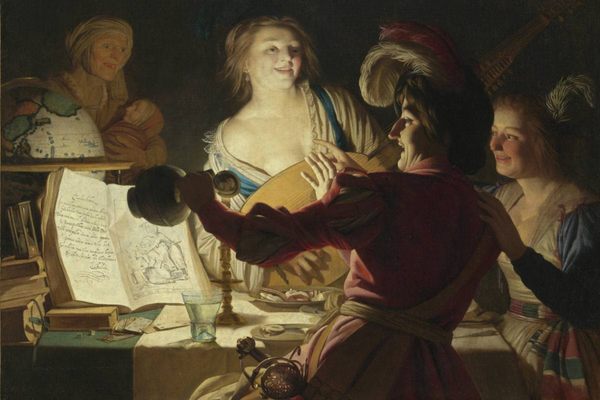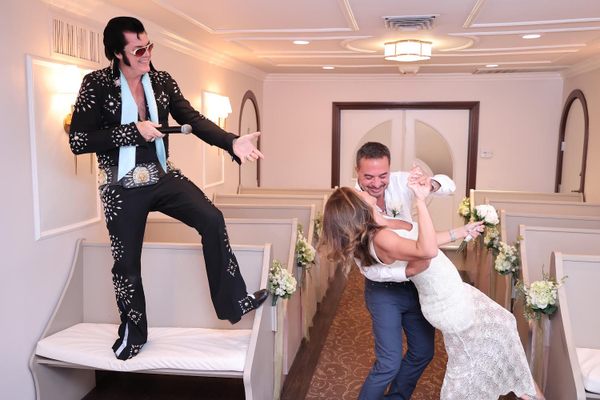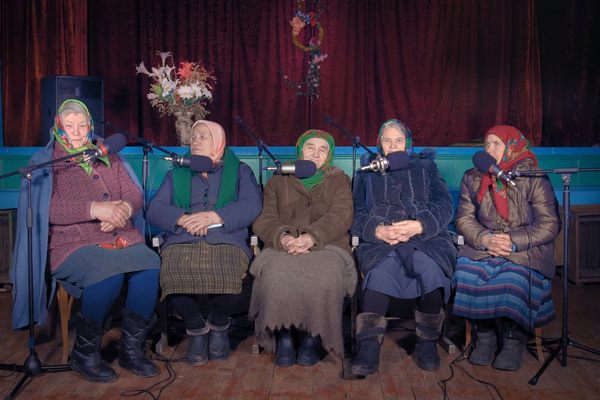Remembering, With Fondness, the ‘Worst Orchestra in the World’
In the 1970s, the Portsmouth Sinfonia became briefly famous for butchering classical music.

In the movies, when you gather together a ragtag group of eager but untrained dreamers to win a little league game, or put on a show to save the orphanage, odds are good that in the end, they’ll heroically surpass the expectations of even their most vocal detractors.
But in real life, when you get a bunch of amateurs together to perform a skilled task, like, say, playing an instrument, you usually end up with something like the Portsmouth Sinfonia, an experimental orchestra from the 1970s that invited anyone with a passing interest to join, and which became a momentary phenomenon by performing what could fairly be called unsuccessful music.
Although there were a number of founding members, the Portsmouth Sinfonia is often credited as the brainchild of Gavin Bryars, a composer and lecturer at England’s Portsmouth School of Art. In May of 1970, Bryars put on a three-day talent contest at the school called “Opportunity Rocks,” a play on the name of a popular British radio and television talent show. Like the TV show, Bryars’ contest used a competition format, pitting all sort of acts, from comedians to ventriloquists, against one another. Bryars’ own entry in the contest was the hastily named Portsmouth Sinfonia.
The original Sinfonia consisted of 13 members, mostly students who had little to no musical experience. The “scratch” orchestra was meant as a one-off joke, part of a larger collection of silly acts. And they didn’t win the contest. Still, their playful irreverence hit a nerve. Spurred on by an outpouring of enthusiasm for their initial performance, the Sinfonia continued to play, growing in size over the next several years. Their policy was that anyone, of any skill level, could join, with the exception being that skilled musicians could not join and simply play poorly on purpose. Another rule was that all members had to show up for practice.
The composer Brian Eno, who joined the Sinfonia in late 1970 as a clarinetist (he’d never played that particular instrument before), would go on to remark that the group’s ranks were filled with “a range of competence, from bona fide virtuosi to extremely incompetent.”
Typically, they would attempt to muddle their way through famous bits of classical compositions. In a 2004 article in The Telegraph, James Lampard, one of the founding students, recalled his experience joining the Sinfonia, saying, “I went out in the morning, bought a saxophone and tried to play it at the first rehearsal that afternoon.”
Eventually, the Portsmouth Sinfonia grew to include a rotating cast that numbered in the dozens, all doing their level best to blast out well-known compositions. Thanks to a base level of musical knowledge among some members of the orchestra, their attempts at songs were almost always recognizable, just cringe-inducingly bad, with plenty of off-notes and random blasts of noise coloring each performance. This gave the Sinfonia a comedic appeal, but also ended up producing a raw sort of sound that gave it a distinctly emotional and human feel. Eno himself described their music as a “very blurry version, a soft-focus version” of classical music.
With Eno’s star on the rise, the Sinfonia signed its first record deal in 1973, and the next year their first album, Portsmouth Sinfonia Plays the Popular Classics, produced by Eno, was released. Ads for the album declared the Sinfonia as “Indisputably, the worst orchestra in the world,” and despite being the exact opposite of what would traditionally be considered “good,” the Sinfonia became a minor hit. On May 28, 1974, they played to a crowd of thousands at London’s Royal Albert Hall. This performance was later released as a live album, Hallelujah: The Portsmouth Sinfonia at the Royal Albert Hall.
In the January 1975 issue of Rolling Stone, the magazine named Portsmouth Sinfonia Plays the Popular Classics their Comedy Album of the Year. Eventually, though, the goofy momentum they’d enjoyed earlier in the decade started to die down. Their last album, 20 Classic Rock Classics, in which the Sinfonia did their worst to arrangements of songs such as “Nights in White Satin” and “Bridge Over Troubled Waters,” was released in 1980, and they played their last live show in October of 1979, at the famous Rainbow Theatre.
Apart from a minor resurgence in notoriety thanks to their version of “Also sprach Zarathustra” being shared in an uncredited YouTube video in 2009, simply titled, “Orchestra Fail,” the Portsmouth Sinfonia has largely been forgotten. Their albums have remained out of print, never even making it to CD. But for a brief moment there, the Portsmouth Sinfonia successfully managed to untuck the stuffed shirts of the classical music scene, and create some surprising art in the process.










Follow us on Twitter to get the latest on the world's hidden wonders.
Like us on Facebook to get the latest on the world's hidden wonders.
Follow us on Twitter Like us on Facebook